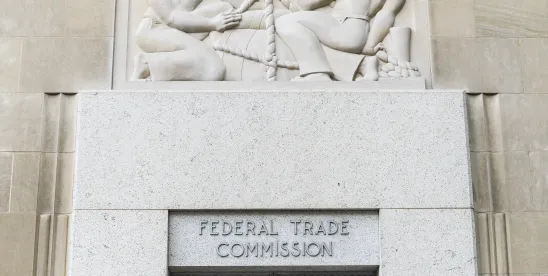“President Trump made it clear in his March Executive Order that unscrupulous middlemen who harm fans and jack up prices through anticompetitive methods will hear from us,” said FTC Chairman Andrew N. Ferguson. “Today’s action puts brokers on notice that the Trump-Vance FTC will police operations that unlawfully circumvent ticket sellers’ purchase limits, ensuring that consumers have an opportunity to buy tickets at fair prices.”
According to the FTC, the alleged scheme is operated by a Maryland-based ticket broker and its affiliated companies, which have purportedly done business under various names, as well as the CEO, CFO and Chief Strategic Officer, according to the FTC’s complaint.
The FTC alleges that the operation uses a variety of tactics to bypass security measures implemented by Ticketmaster to block resellers from violating ticket purchasing limits. These security measures purportedly include monitoring whether purchases are associated with verifiable Ticketmaster accounts and unique credit cards and IP addresses. In addition, according to the FTC, Ticketmaster sometimes requires purchasers to enter a code sent to their cell phone to verify their accounts.
The complaint alleges that the defendants were often able to bypass these protections by:
- using thousands of Ticketmaster accounts to purchase tickets, including fictitious and third-party accounts that the defendants purchased;
- utilizing thousands of virtual and traditional credit card numbers;
- hiding their identity by using proxy or spoofed IP addresses; and
- using SIM boxes to facilitate the receipt of verification codes sent to the phone numbers associated with the thousands of fake and third-party accounts they used to purchase tickets.
These tactics allegedly permitted the defendants to purchase at least 379,776 tickets in just over a year from Ticketmaster at a cost of nearly $57 million. Defendants allegedly resold a portion of those tickets on secondary marketplaces for approximately $64 million by, in many cases, purportedly charging a significant markup to consumers.
According to the FTC, for just one Taylor Swift concert the defendants allegedly used 49 different accounts to purchase 273 tickets, dramatically exceeding the Eras Tour’s 2023 six-ticket purchase limit per event. They then resold those tickets at a significant markup, according to the FTC.
The complaint alleges that the defendants violated the FTC Act and the Better Online Ticket Sales Act, which makes it illegal for any person to “circumvent a security measure, access control system, or other technological control or measure on an Internet website or online service that is used by the ticket issuer to enforce posted event ticket limits or to maintain the integrity of posted online ticket purchasing order rules.”
The FTC filed the complaint in the U.S. District Court for the District of Maryland, Northern Division.




 />i
/>i

